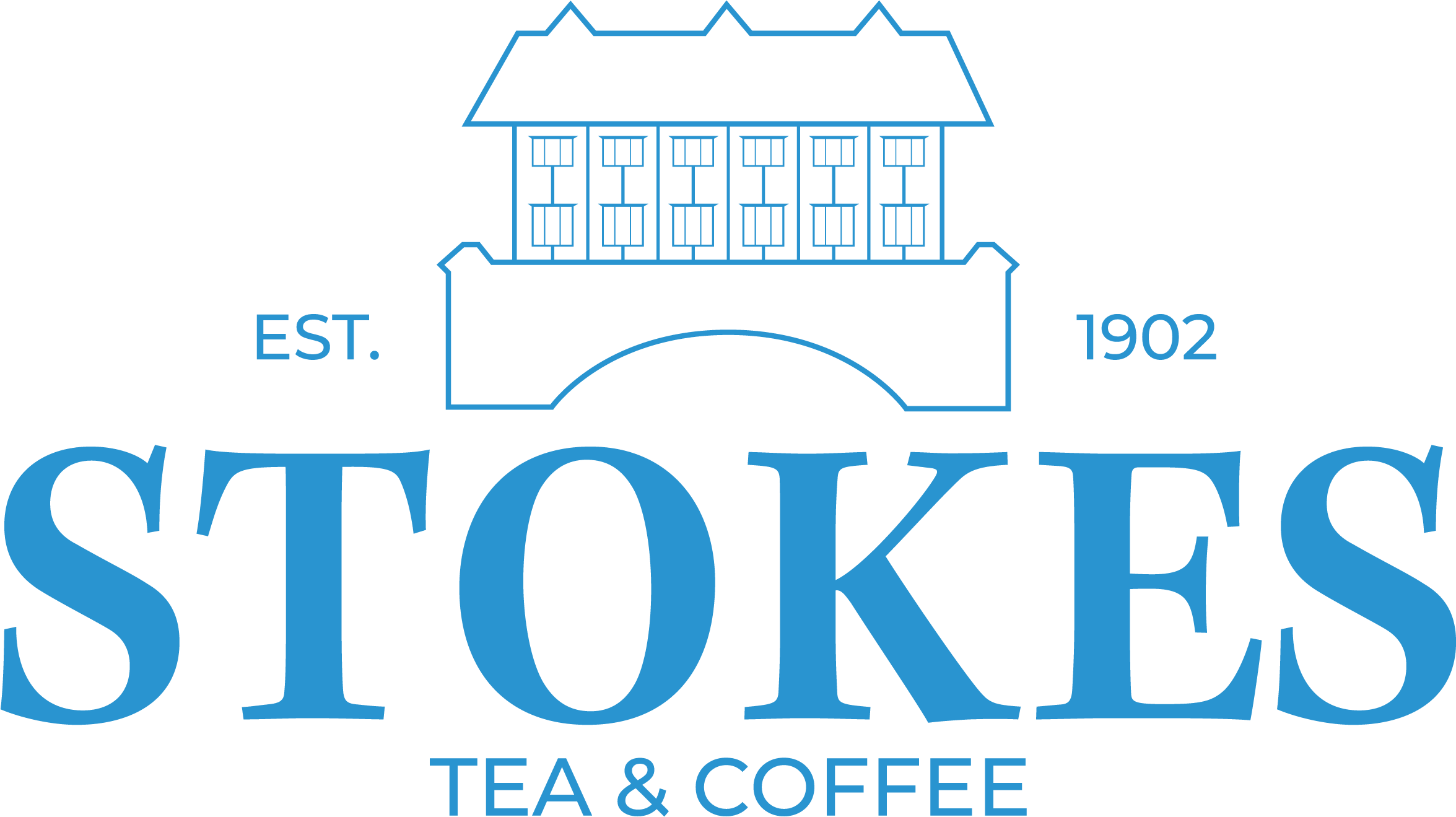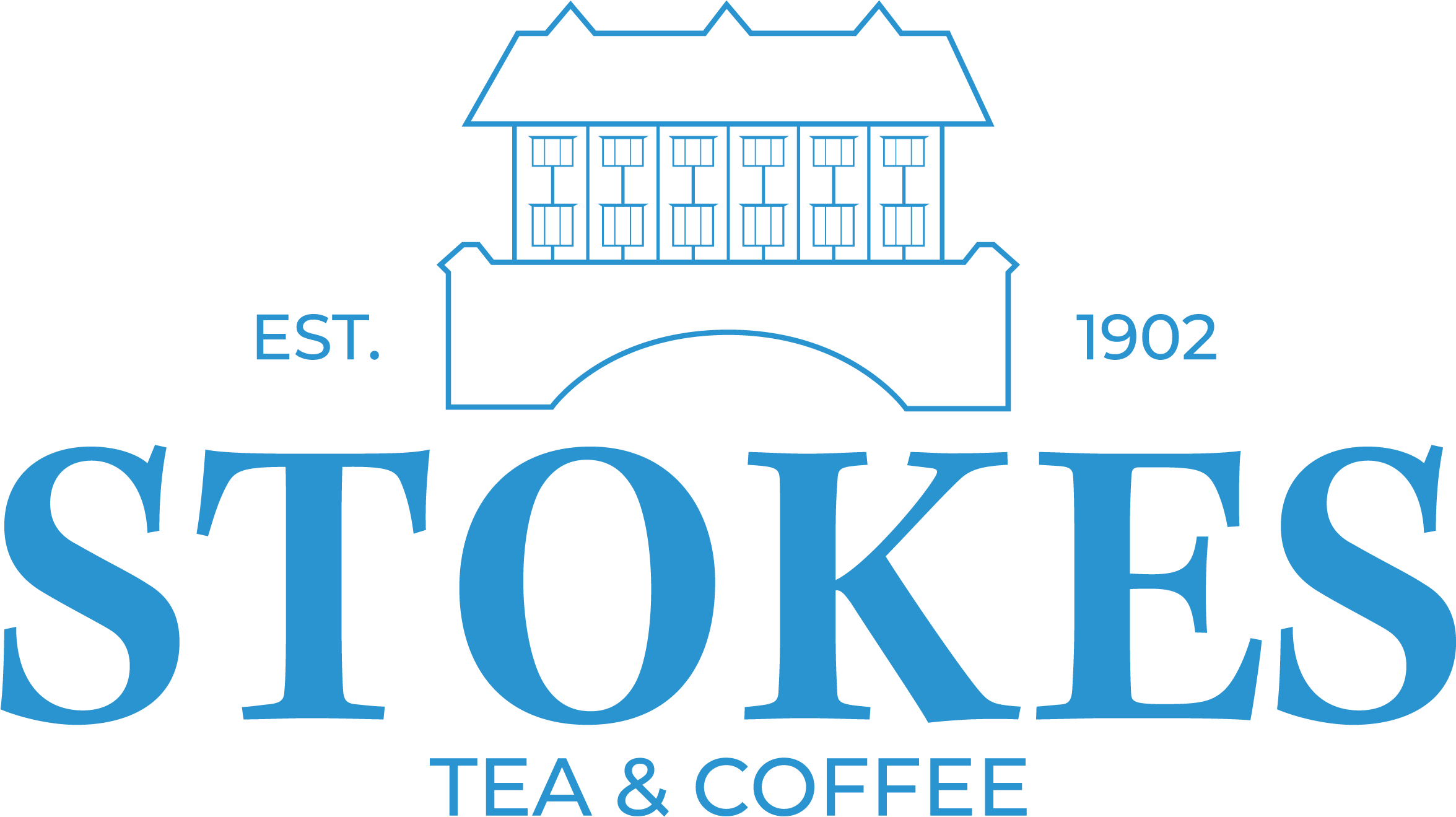

RW Stokes and Sons

1.6
Lincolnshire, United Kingdom
August 2025
Beverages
Manufacturing
United Kingdom
Pioneers of coffee and tea since 1902, Stokes is a fourth-generation family business with a legacy defined by our founder, RW Stokes, who in 1918 was named one of the finest roasters and blenders in the kingdom. Our story is a testament to great taste, a tradition of hospitality, and a firm belief in doing the right thing. From our roastery, where history and innovation meet, we serve as experts of our craft. This expertise, from the perfect roast to world class training, fuels our wholesale distribution, bringing our quality and knowledge to businesses and partners across the UK. In the heart of Lincoln's historic city and Cathedral quarters, our landmark sites serve as a destination, where hospitality is celebrated through our cafés, tea rooms, boutique hotel, and a vibrant events and theatre venue. Our commitment to sustainability is part of our DNA, embedded in our practices for over a century. Our B Corp certification formally acknowledges a legacy of integrity and a commitment to purpose. We are proud to share this exceptional experience with our people, our communities, and our customers, ensuring every cup of Stokes is a cup with a conscience.
Overall B Impact Score
Governance 17.3
Governance evaluates a company's overall mission, engagement around its social/environmental impact, ethics, and transparency. This section also evaluates the ability of a company to protect their mission and formally consider stakeholders in decision making through their corporate structure (e.g. benefit corporation) or corporate governing documents.
What is this? A company with an Impact Business Model is intentionally designed to create a specific positive outcome for one of its stakeholders - such as workers, community, environment, or customers.
Workers 19.5
Workers evaluates a company’s contributions to its employees’ financial security, health & safety, wellness, career development, and engagement & satisfaction. In addition, this section recognizes business models designed to benefit workers, such as companies that are at least 40% owned by non-executive employees and those that have workforce development programs to support individuals with barriers to employment.
Community 27.2
Community evaluates a company’s engagement with and impact on the communities in which it operates, hires from, and sources from. Topics include diversity, equity & inclusion, economic impact, civic engagement, charitable giving, and supply chain management. In addition, this section recognizes business models that are designed to address specific community-oriented problems, such as poverty alleviation through fair trade sourcing or distribution via microenterprises, producer cooperative models, locally focused economic development, and formal charitable giving commitments.
What is this? A company with an Impact Business Model is intentionally designed to create a specific positive outcome for one of its stakeholders - such as workers, community, environment, or customers.
Environment 22.0
Environment evaluates a company’s overall environmental management practices as well as its impact on the air, climate, water, land, and biodiversity. This includes the direct impact of a company’s operations and, when applicable its supply chain and distribution channels. This section also recognizes companies with environmentally innovative production processes and those that sell products or services that have a positive environmental impact. Some examples might include products and services that create renewable energy, reduce consumption or waste, conserve land or wildlife, provide less toxic alternatives to the market, or educate people about environmental problems.
Customers 2.9
Customers evaluates a company’s stewardship of its customers through the quality of its products and services, ethical marketing, data privacy and security, and feedback channels. In addition, this section recognizes products or services that are designed to address a particular social problem for or through its customers, such as health or educational products, arts & media products, serving underserved customers/clients, and services that improve the social impact of other businesses or organizations.